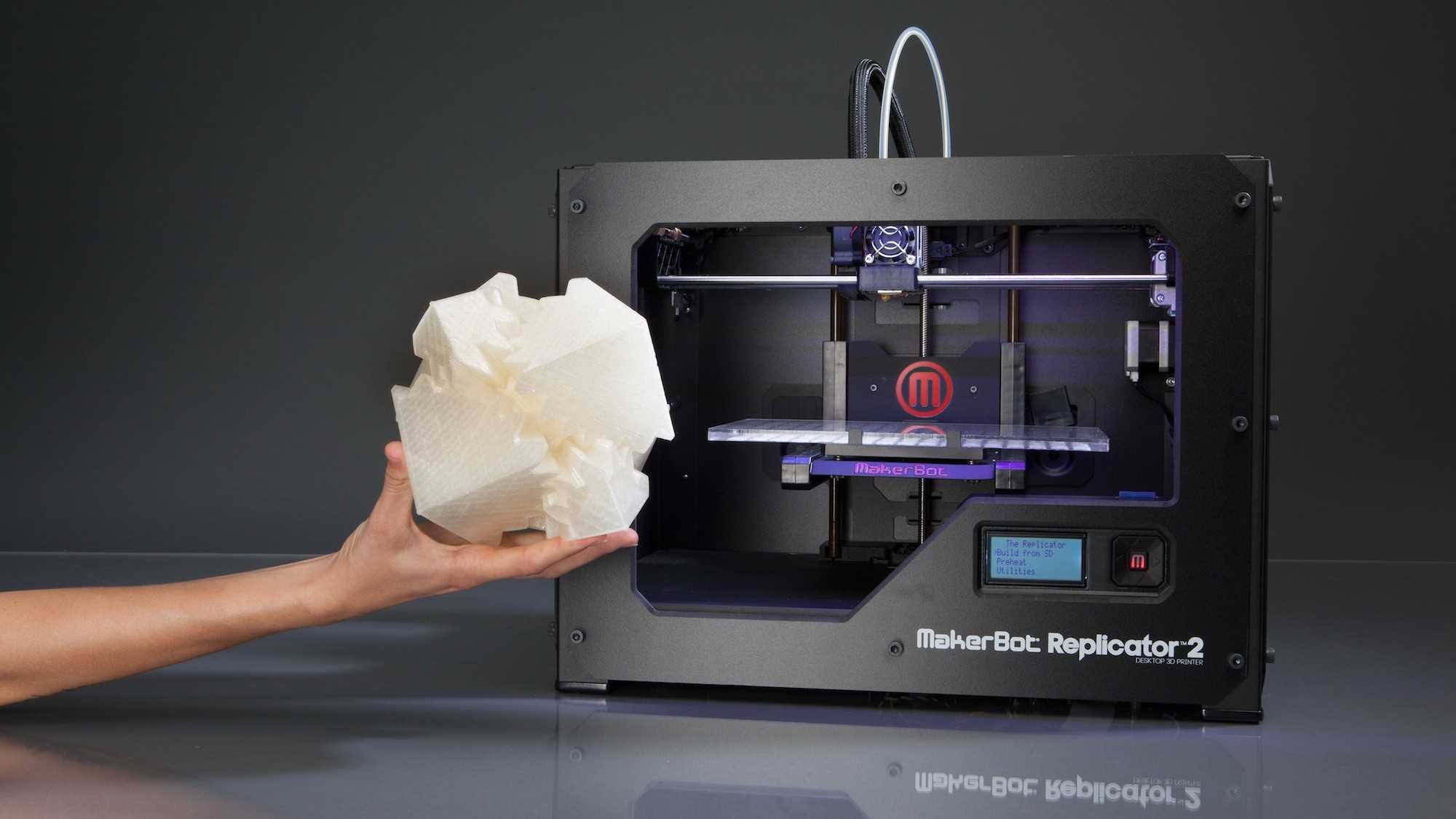
Title: The Impact of 3D Printing on Israeli Industry
Introduction
3D printing, also known as additive manufacturing, has emerged as a transformative technology with profound implications for various industries around the world. Israel, a hub of innovation and technology, is no exception. 3D printing has made significant advances in Israeli industry in recent years, revolutionizing production processes, product development and research. In this article, we look at the impact of 3D printing on Israeli industry and how it is driving innovation, efficiency and competitiveness.
1. Accelerated prototyping and product development
One of the main advantages of 3D printing is its ability to quickly prototype and iterate designs. In Israel's vibrant startup ecosystem, 3D printing has become an invaluable tool for entrepreneurs and engineers. This allows them to quickly test and refine their ideas, reducing time to market and reducing development costs.
2. Customization and personalization
Israeli industry, especially in sectors such as medical devices and aerospace, has benefited from the capabilities of 3D printing to produce customized and patient-specific components. Custom implants, prosthetics and dental devices are just a few examples where 3D printing has had a significant impact, improving patient outcomes and quality of life.
3. Aerospace and Defense
Israel's thriving aerospace and defense sector has adopted 3D printing to produce complex components, lightweight structures and prototypes. The technology allows the production of complex parts with reduced weight, which is critical in the aerospace industry to improve fuel efficiency and performance.
4. Medicine and wellness
The Israeli healthcare industry has used 3D printing for applications such as anatomical models for surgical planning, dental restorations, and even 3D printed pharmaceuticals. This innovation improves patient care, reduces surgical risks and opens up new treatment options.
5. Electronics and Electronics Prototyping
In the Israeli electronics industry, 3D printing is used to create custom housings, connectors, and enclosures for various electronic devices. This allows you to quickly prototype and customize products, ensuring they meet specific requirements.
6. Sustainable production
Sustainability is a growing concern around the world, and 3D printing follows green practices. It reduces material waste by using only the required amount of material for each print, making it an environmentally responsible choice for Israeli businesses looking to reduce their carbon footprint.
7. Education and Research
Israeli universities and research institutes have adopted 3D printing for scientific research, including materials science, engineering and medical research. This allows researchers to create complex models and conduct experiments that were previously difficult or impossible.
8. Supply Chain Resilience
Recent global disruptions have highlighted the importance of supply chain resilience. 3D printing offers opportunities to localize production, reduce dependence on international supply chains, and ensure the availability of critical components during emergencies.
Conclusion
3D printing is revolutionizing Israeli industry by fostering innovation, accelerating product development and providing solutions in fields as diverse as healthcare, aerospace and electronics. As technology continues to evolve and become more accessible, Israeli businesses and institutions are well positioned to harness its full potential, driving economic growth and maintaining their reputation as pioneers of technological advancement. The impact of 3D printing on Israeli industry is a testament to the country's adaptability and desire to remain at the forefront of technological innovation.






